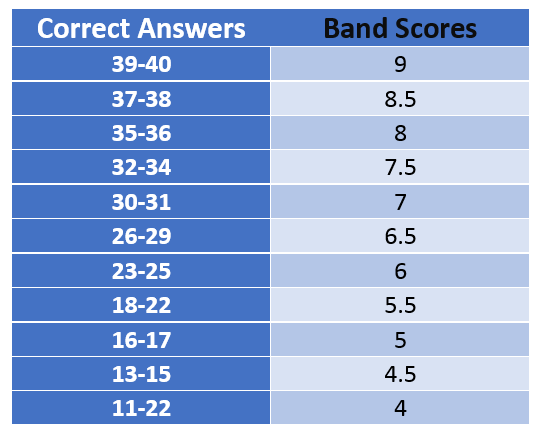Ielts Listening Results, If you’re preparing for the International English Language Testing System (IELTS), one of the key areas you’ll be tested on is the Listening section. Once you’ve taken the test, it’s natural to be eager for your IELTS listening results—especially if you’re aiming for a specific score for academic, professional, or immigration purposes. In this article, we’ll explain how the IELTS listening test is scored, how to interpret your results, and what to do if you’re not satisfied with your score.
What Is the IELTS Listening Test?
The IELTS Listening test assesses your ability to understand spoken English in a variety of contexts. The test consists of four sections and includes conversations and monologues. You’ll listen to the recordings only once and then answer a series of 40 questions.
How Are IELTS Listening Results Calculated?
Your raw score—how many of the 40 questions you answered correctly—is converted into a band score from 1 to 9. Here’s a rough guide to how raw scores translate into band scores:
- 39–40 correct answers = Band 9
- 37–38 = Band 8.5
- 35–36 = Band 8
- 32–34 = Band 7.5
- 30–31 = Band 7
These scores are then included as part of your overall IELTS test results, along with Reading, Writing, and Speaking.
When and Where Can You See Your IELTS Listening Results?
IELTS listening results are usually available online 13 days after the paper-based test and 3–5 days after the computer-based test. You can view your scores on the official IELTS website using your candidate number and identification details. An official Test Report Form (TRF) will also be mailed to you or made available at your test center.
What If You’re Not Happy with Your Results?
If you believe your score doesn’t reflect your performance, you can apply for a re-mark, known as an Enquiry on Results (EOR). However, it’s important to know that listening scores are less likely to change on re-mark because they’re objectively marked.
Tips to Improve Your Listening Score
If you didn’t get the result you hoped for, don’t be discouraged. Here are some ways to boost your listening skills:
- Practice regularly with authentic IELTS materials.
- Develop note-taking skills while listening.
- Expose yourself to different English accents, as IELTS uses a variety of native speakers.
- Take timed practice tests to simulate exam conditions.
Final Thoughts
Your IELTS listening results are a vital part of your overall IELTS score and can significantly impact your academic and professional opportunities. By understanding how the listening section is scored and how to improve, you can take clear steps toward achieving the score you need.
You Might Also Like These:
original ielts certificates online

